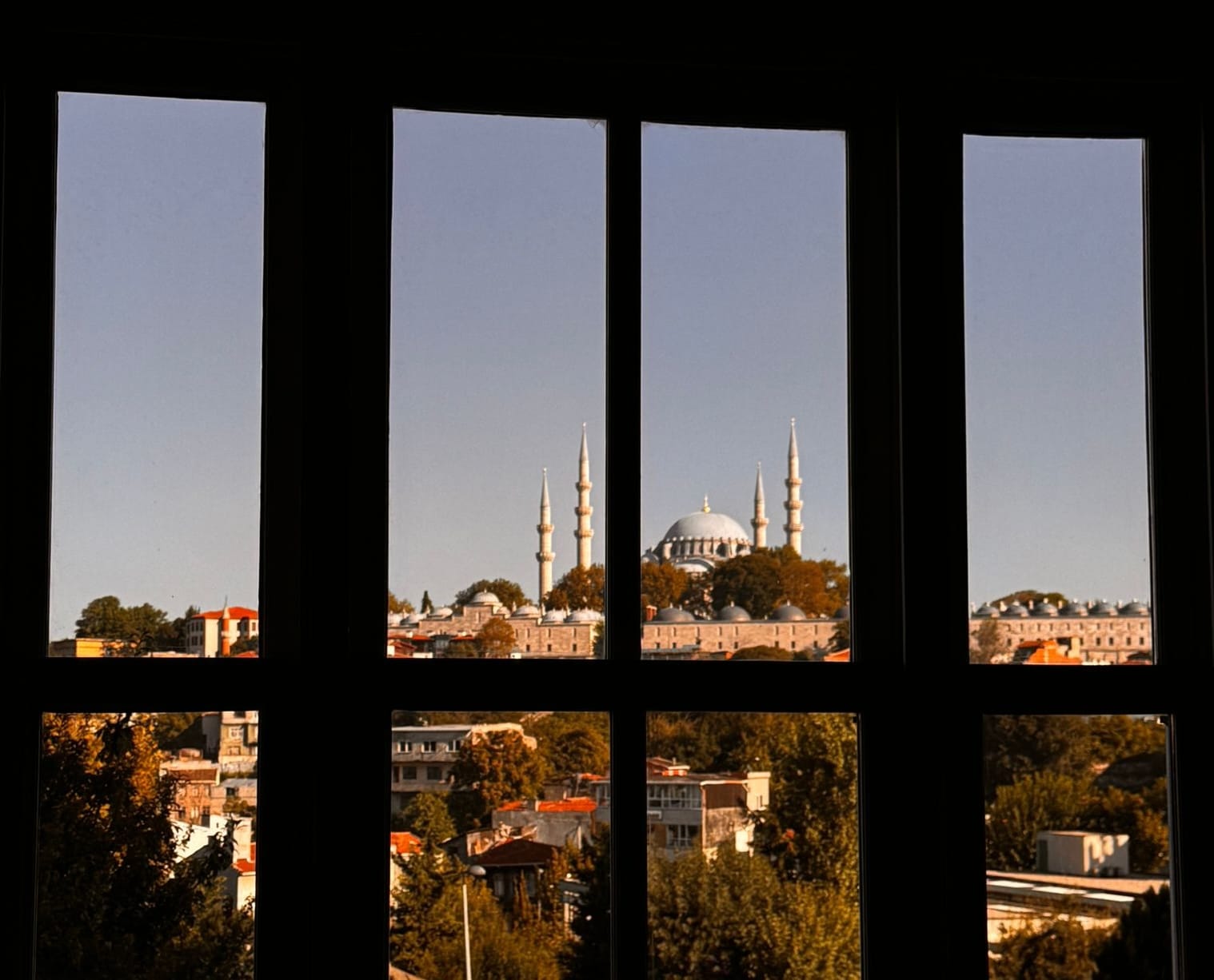In his article titled “A Response to Namık Kemal” Ahmed Midhad explained how the search for a “future” within the power dynamics of Europe by Ottoman Empire would lead us to a dead end. He concluded, “My purpose is not to preserve the balance of power among European states; it is to preserve the glory of being Ottoman…” and added, “Let it be either this way or not at all!”
To understand what we experienced today, and even what we “could not experience,” it is crucial to thoroughly grasp what the two significant turning points in our history, the years 1908 and 1980, signify. The time between these two dates was spent entirely on dislodging a single stone in favor of the “nation,” which, in the broadest sense, represents the “common destiny.”
The “state intellect,” deriving its legitimacy and immunity from the needs for security and “existence” in this challenging geography, by achiving to not fall to the wolves as encapsulate in Ahmed Mithad’s remarks, had found a living space in the “European powers’ balance.” Military interventions, destined to be nothing more than “revenge” in the power struggles between the two sides of the Atlantic, continental Europe, and Russia, can be seen as an extension of the infighting among the pashas of the Tanzimat period—a period we never truly left behind.
The last thousand years of Anatolia’s military-agricultural institutional order had begun to crack roughly two centuries ago, transforming into indescribable tragedies at the beginning of the past century by assigning a naive savior role to “lost generations” ultimately reached its culminating point in “1908”.
In the last 150 years, the answers to the question of “What is the politics?” has been sought in process of the “Saving the State First” and in compulsorily adopted approach of the “Let’s save the state first, and we’ll deal with everything else later.” Both; The Three Styles of Politics and with its “founding spirit” at the beginning, the willpower that had made itself visible through a slogan like “the greatest liberty; the republic,” an honorable part of the 1908 transformation, were deployments in the same place: “Saving the State First”.
For the columns supporting Turkey’s “institutional order” to collapse and a new system to rise from scratch, September 12, 1980, became a turning point. Until the morning of September 12, the state “waited for conditions to mature,” choosing the ’78 generation—those who sought to save the state—as the first victims of the new order to be established.
For the new dynamics of global political economy, all closed/protectionist, inherently cumbersome nation-state structures regarded as a hindrance in the final analysis. The September 12 order brought an “openness” in which the state would shed all its burdens, integrate all its political models into global politics, and align its existence and continuity with the center of gravity in globalization.
On one hand, this order nourished its the “Sunni-Turkish” vein with a survival reflex. On the other, it gambled on two major “bets”: paving the way for Kurdish nationalism and Fethullah Gülenism. Aware that both were global projects in various respects, the September 12 state, thinking itself also would be one of the primary shareholders of these two projects, facilitated their growth through inverted maneuvers.
In a period when the “conditions for a third world war” are being created, the “state,” like other conventional states, seems to remain in waiting. The notion of “statelessness” in people’s minds will reach such an extreme that, akin to a soldier marching endlessly in war and longing for the battle to stop walking, society will yearn for a “savior/state.” This anticipation might invite even a “the stateless global state” system depending on how long the states can endure.
Undoubtedly, sustaining existence in Anatolia for a thousand years is not within the capacity of every state intellect. After a millennium, we all will confront for the first time—with a “global state” intellect that its first unalterable article: “a stateless state.”
The state is patient; it waits—in the Anatolian steppes, in Istanbul’s Gayrettepe, or in the shared memory nourished by and nourishing the Tuna and Meriç, Fırat and Dicle, Ceyhun and Seyhun rivers. A “deep” waiting continues…


